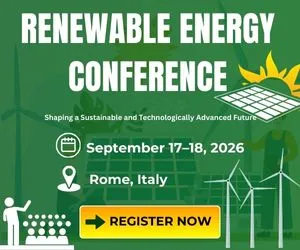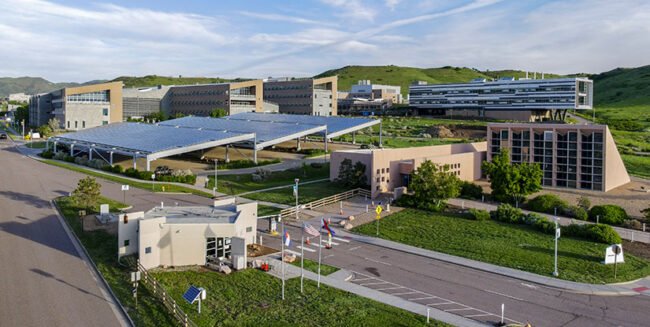The National Renewable Energy Laboratory (NREL) stands at the forefront of advancing renewable energy technologies and sustainable practices. As a premier research institution in the United States, NREL plays a crucial role in developing innovative solutions that drive the transition to clean energy. In this article, we delve into the mission, research, and impact of the National Renewable Energy Laboratory.
What is the National Renewable Energy Laboratory (NREL)?
The National Renewable Energy Laboratory (NREL) is a renowned research facility dedicated to advancing renewable energy and energy efficiency technologies. Established in 1974 and located in Golden, Colorado, NREL operates under the U.S. Department of Energy (DOE). Its mission is to lead scientific innovation in the development and integration of renewable energy technologies, promoting a sustainable and secure energy future.
Key Research Areas at NREL
- Solar Energy
NREL is a leader in solar energy research, focusing on photovoltaic (PV) technologies, solar thermal systems, and concentrating solar power (CSP). The laboratory conducts cutting-edge research to improve the efficiency and affordability of solar energy. Recent breakthroughs include advancements in high-efficiency solar cells and innovative solar panel designs. - Wind Energy
Wind energy research at NREL encompasses wind turbine technology, wind farm design, and grid integration. NREL’s wind research aims to enhance turbine performance, reduce costs, and expand the use of wind energy. The laboratory’s contributions include the development of advanced wind turbine models and the implementation of large-scale wind farm projects. - Bioenergy
NREL’s bioenergy research focuses on developing sustainable biofuels and bioproducts from renewable resources. The laboratory explores various feedstocks, including agricultural residues and algae, to produce clean energy solutions. Key areas of research include biofuel production processes, biochemical conversions, and the lifecycle analysis of bioenergy systems. - Geothermal Energy
NREL’s geothermal energy research involves studying geothermal resource potential, technology development, and integration. The laboratory works to advance geothermal systems, improve resource mapping, and enhance the efficiency of geothermal power generation. NREL’s efforts aim to make geothermal energy a more viable and widespread renewable resource. - Energy Efficiency
Improving energy efficiency is a core focus at NREL. The laboratory conducts research on energy-efficient buildings, industrial processes, and transportation systems. Innovations in energy efficiency technologies include advanced building materials, energy-saving appliances, and electric vehicle technologies.
NREL’s Impact on Renewable Energy
- Technological Innovation
NREL’s research and development efforts have led to significant technological advancements in renewable energy. Innovations such as high-performance solar panels, efficient wind turbines, and sustainable biofuels have had a profound impact on the renewable energy sector. NREL’s work helps drive down costs and accelerate the adoption of clean energy technologies. - Policy and Economic Analysis
NREL provides valuable insights into the economic and policy aspects of renewable energy. The laboratory conducts analyses on energy markets, policy impacts, and cost-benefit assessments. These analyses support informed decision-making for policymakers, businesses, and stakeholders, contributing to the development of effective energy policies and strategies. - Collaborative Partnerships
NREL collaborates with industry leaders, academic institutions, and government agencies to advance renewable energy research. These partnerships foster innovation, facilitate knowledge transfer, and promote the commercialization of new technologies. NREL’s collaborative approach accelerates the development and deployment of renewable energy solutions. - Educational Outreach
NREL is committed to educating and engaging the public on renewable energy topics. The laboratory offers educational resources, workshops, and outreach programs to raise awareness about clean energy technologies and sustainability. NREL’s educational initiatives help inspire the next generation of scientists, engineers, and policymakers.



COMMENTS